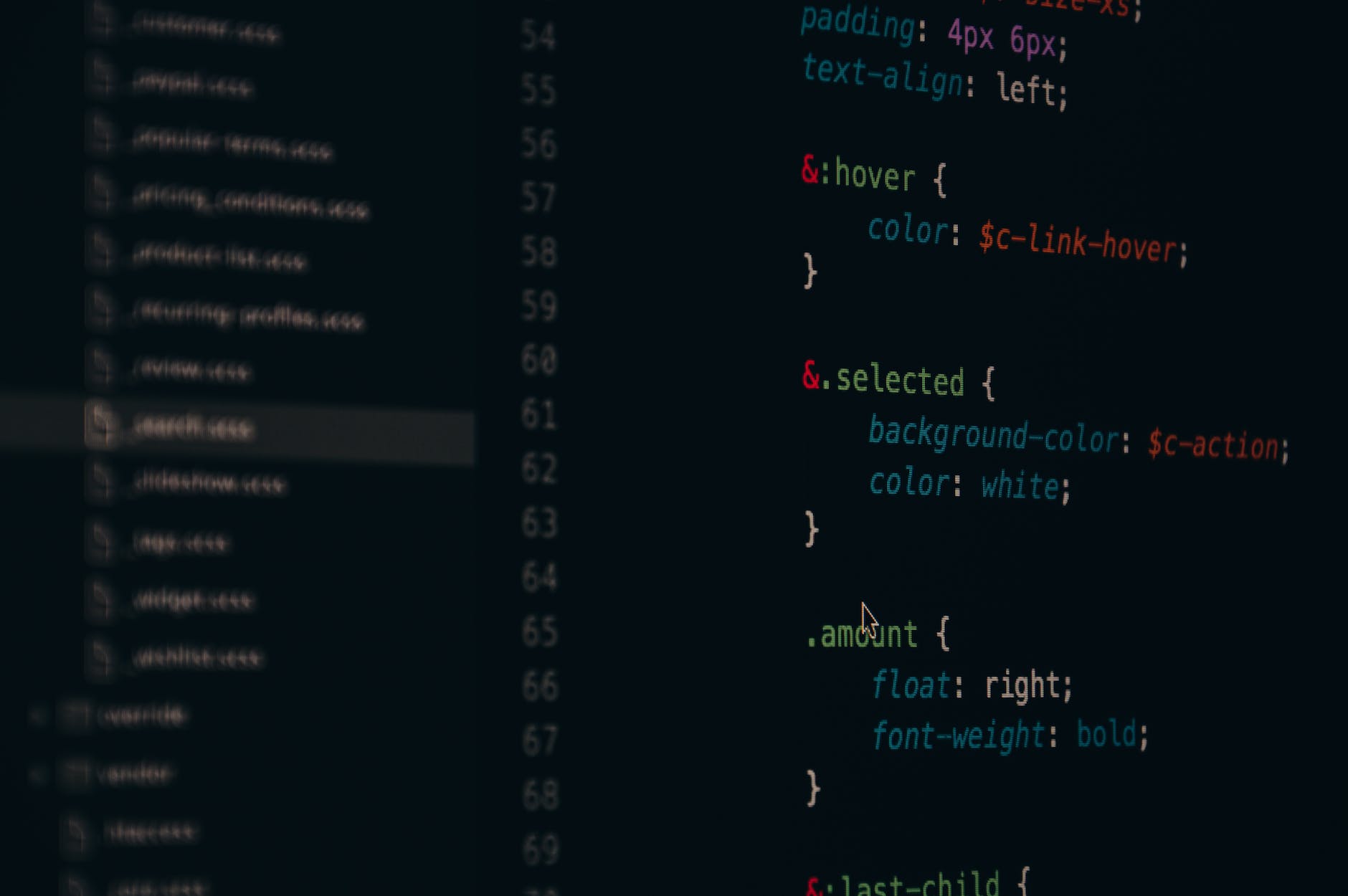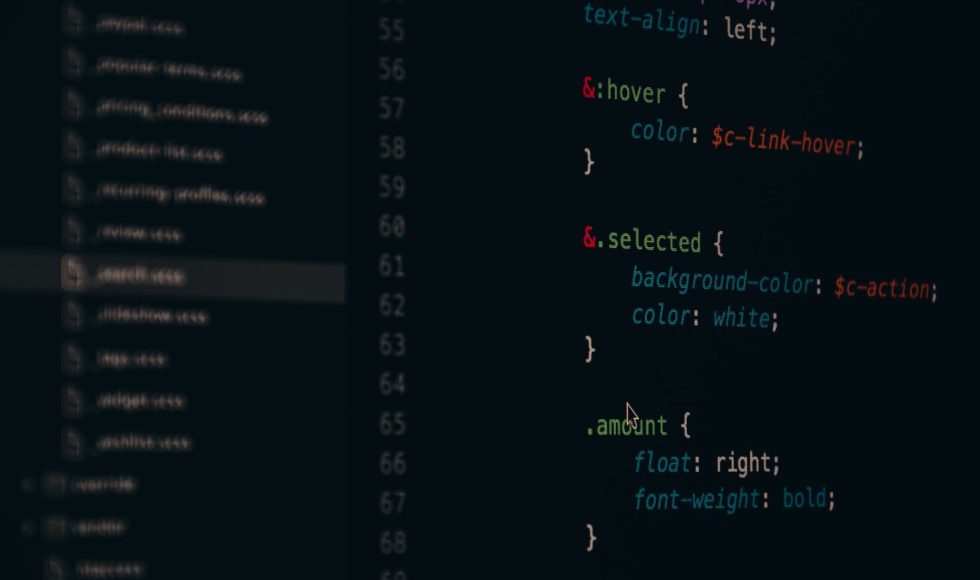Mike Vella spoke at London Calling 2022 about “Dorado – a modern, C++, Torch-basecaller.” Vella is the Director of Machine Learning Operations with Oxford Nanopore. At the time of the recording, they had released a preview. Vella defined a basecaller as something that takes data from sensors and translates that into nucleotides… but Vella noted this is very basic. A basecaller has to do some quality control. For example, they split signal into chunks to process. A machine learning algorithm then uses the signal to process and send to the decoder. The decoder outputs basecalls and then these get stitched together. The new devices and updates are intended to support machine learning and deep learning algorithms. Dorado depends on libtorch. Code from Dorado using libtorch takes advantage of GPU power of the hardware. The Feature Status that Vella shared included incorporation of duplex and barcoding, multi-GPU features, and Remora. I appreciate learning from Vella about the design choices and philosophy behind the creation of Dorado. I want to use it!



